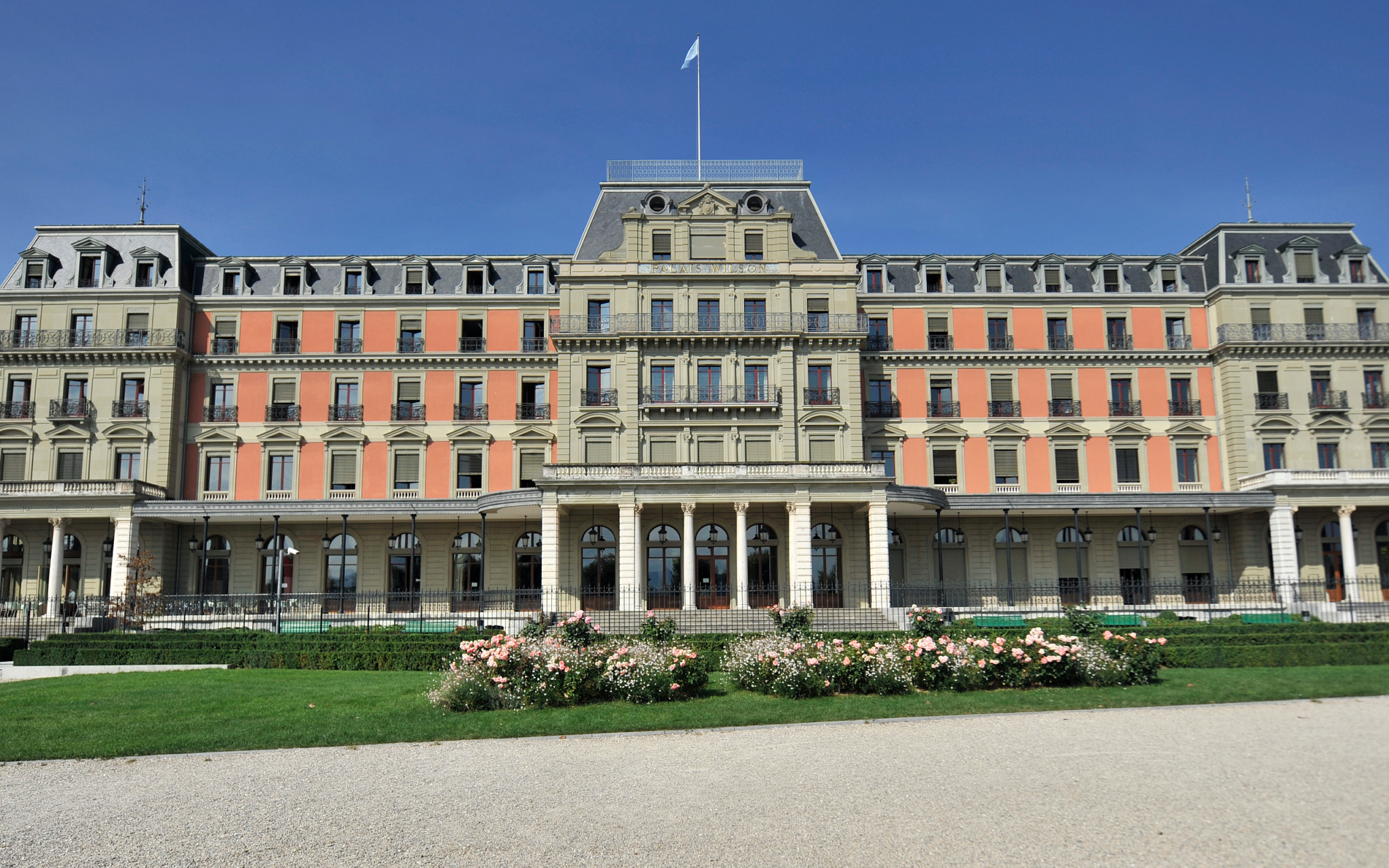29 June 2018 – Two days ago, nine United Nations Special Rapporteurs released a joint statement urging Saudi Arabia to immediately release several women’s right defenders arrested for their activism throughout the kingdom in late May 2018. In their statement, these independent human rights experts condemned the arrests and iterated their concerns over the continued detention of other imprisoned activists, like Raif Badawi. Americans for Democracy & Human Rights in Bahrain (ADHRB) welcomes the public statement and thanks the Rapporteurs for highlighting the plight of women’s rights defenders and other activists. We call on the Government of Saudi Arabia to immediately release the remaining detained activists and to take further steps to promote women’s rights, including by lifting the restrictive male guardianship system.
The public statement was signed by the mandate holders on human rights defenders, free expression, human rights while countering terrorism, free assembly and association, extreme poverty, and violence against women, as well as the Chair Rapporteurs of the Working Groups on Arbitrary Detention, Enforced Disappearances, and discrimination against women. In their statement, the experts highlighted the contrast between celebrations over the lifting of the driving ban and the detention of women who for years had advocated for the ban’s lift. The Rapporteurs note that, “in stark contrast with this celebrated moment of liberation for Saudi women, women’s human rights defenders have been arrested and detained on a wide scale across the country.” The officials also called attention to the discrepancy between the arrests and Crown Prince Mohammed bin Salman’s program of reform. They stated, “Saudi Arabia has won acclaim for its modernization under Prince Mohammed bin Salman, including the ending of the ban on women driving, but these arrests portray a contradictory stance in policy regarding women’s rights.”
Since the kingdom announced its Saudi Vision 2030 plan for modernization and development, officials have attempted to project an image of reform. Recently, as part of a continuing effort to promote Vision 2030, bin Salman undertook a multi-nation tour to several Western capitals, including Washington DC, London, Paris, and Madrid. In each, he touted the kingdom’s shift towards modernization, pledging to “break down strict social rules” like the ban on cinemas in the kingdom. But the reality in Saudi Arabia differs from the imagery proposed by the Crown Prince.
Since he became Crown Prince in June 2017, there has been a noticeable increase in the number of executions. From January 2017 to June 2017, the kingdom carried out 40 executions. From June to the end of the year, however, authorities executed 100 people. Now, from the start of 2018 to present, the kingdom has executed almost 60 people. Moreover, as Crown Prince, bin Salman has overseen a systematic campaign of suppression of dissent. Starting in September 2017, officials have conducted three waves of mass arrests, detaining dozens of rights defenders, activists, intellectuals, businessmen, and dissident clerics in the process. That September, authorities arrested around 40 people, including clerics, intellectuals, and human rights activists. Two months later, in November, Mohammed bin Salman oversaw the arrest and arbitrary detention of hundreds of princes and businessmen in Riyadh’s Ritz Carlton on alleged corruption charges, although officials did not charge any of the detainees. The issue continued to escalate in May 2018, when security forces arrested almost a dozen women’s rights defenders. While several of the activists have since been released, the arrests have continued as the campaign has widened: just yesterday, on 27 June, officials detained women’s rights advocate Hatoon al-Fassi.
“We thank the Special Procedures for calling for the release of these women’s rights defenders, for remaining active on Saudi human rights issues, and for highlighting the incongruity of the kingdom’s nominal reform efforts with the mass arrests of activists,” remarks Husain Abdulla, Executive Director of ADHRB. “It is crucial that the international community recognize that what Crown Prince Mohammed bin Salman is promoting is not reform, but continued government control over public and social space. We call upon the international community to reject this vision of Saudi Arabia, to exert pressure on Saudi Arabia to halt its targeting and detention of activists and dissidents, and to work to promote and protect human rights and fundamental freedoms in order to enact true reform.”
While the kingdom has released several of the activists, others remain imprisoned while others are being targeted. This continued campaign of suppression casts serious doubts on the Saudi government’s commitment to reform. ADHRB thanks the Special Rapporteurs for the statement and we reiterate their call on Saudi Arabia to release the remaining activists and demonstrate its commitment to reform by working to better advance women’s rights and fundamental freedoms.





